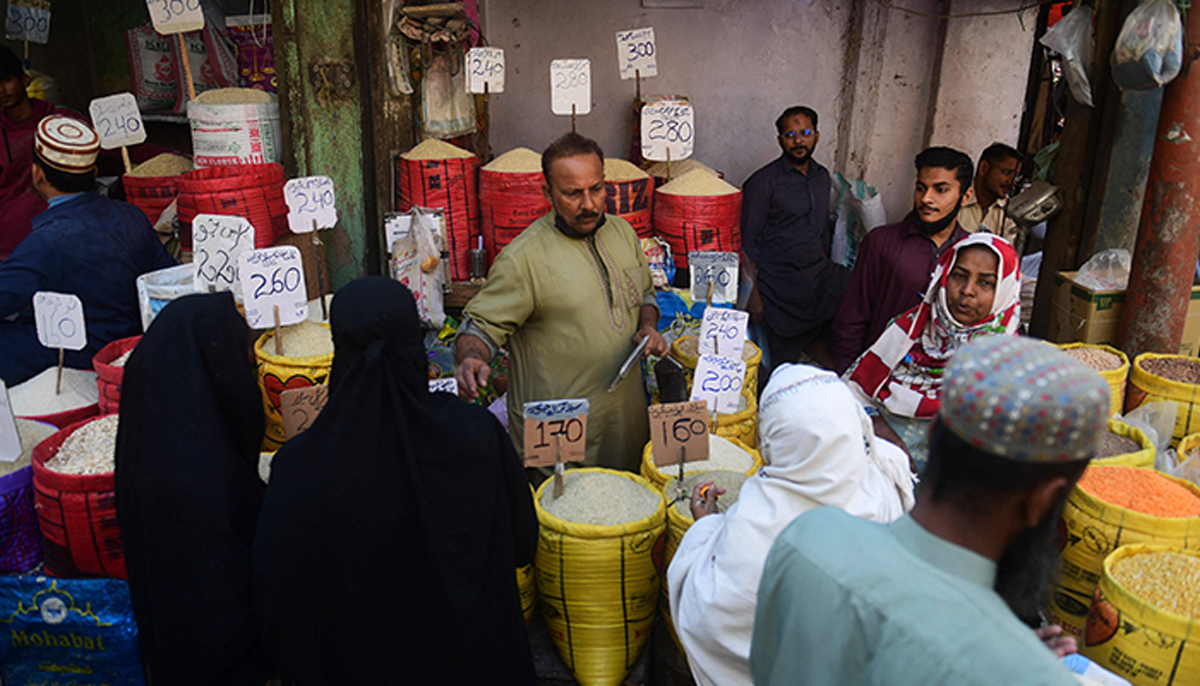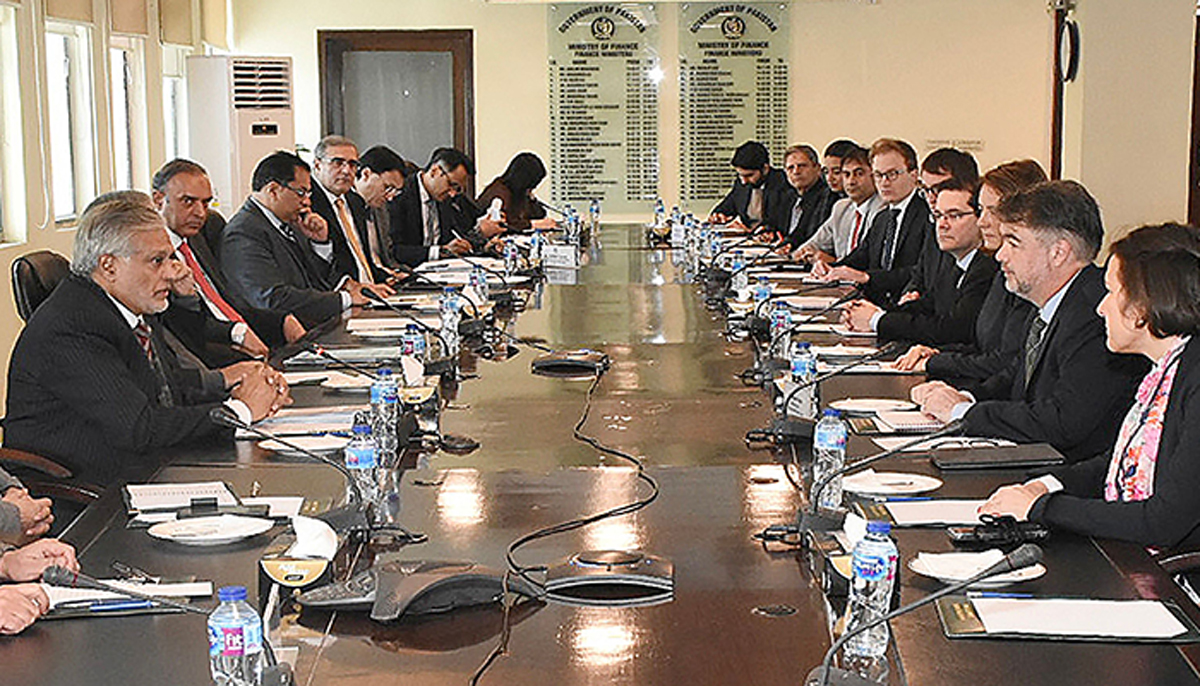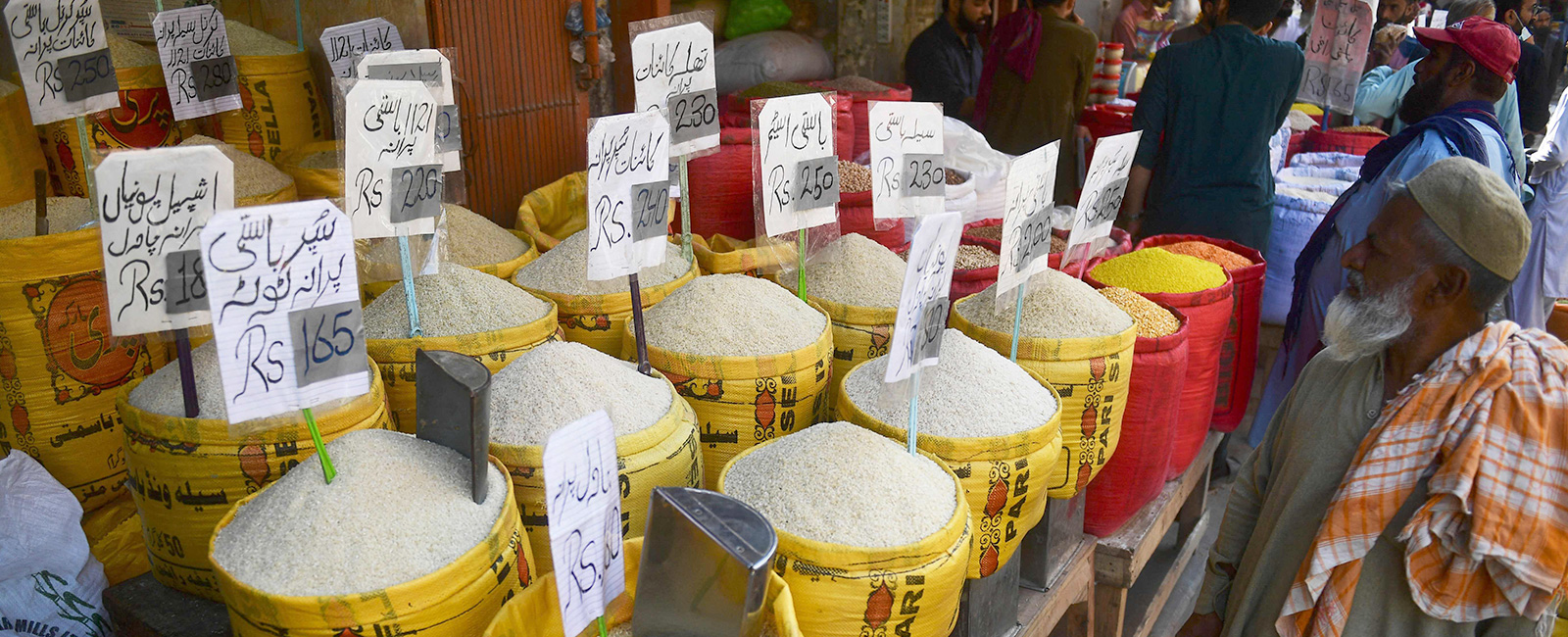How bad can upcoming IMF-dictated mini budget be for Pakistan?
Cash-strapped nation desperately negotiating bailout package with IMF which, according to PM, is giving “tough time” to Pakistan

The government seems to have decided to throw the masses under the bus by launching one the toughest revenue generation plans, widely feared to worsen the runaway inflation, shoving millions more into poverty.
The cash-strapped nation is desperately negotiating a bailout package with the International Monetary Fund (IMF) and loans, aids, and grants from other countries to keep its economy afloat and avert a possible default. But an IMF loan comes with strict conditions, which Pakistan has been constantly renegotiating on.
These include reducing the budget deficit, increasing revenue collection, phasing out electricity and petroleum subsidies, and reducing foreign exchange market intervention.
The government implemented two major conditions laid by the Washington-based lender in order to kick-start the ongoing technical and policy-level talks with the review mission.
The rupee, recently dropped to new lows against the US dollar after authorities relaxed exchange rate controls to meet one of the IMF’s lending conditions.
The government had been resisting the changes the IMF requested, such as cutting down fuel subsidies, since they would cause fresh price spikes in the short term; however, it jacked up the fuel prices to woo the Fund officials.

In a similar move, the government is now gearing up to unveil a mini-budget in order to implement revenue-generating measures promised to the IMF.
Arif Habib Limited, in its brief note issued in this regard, mentioned that the mini-budget has already proposed:
• Jacking up the excise duty to generate Rs25-30 billion
• Tax on banks’ foreign exchange income to generate Rs20 billion
• A three percent flood levy — projected to generate Rs60 billion
• Raising the federal excise duty on sugary drinks to generate Rs60 billion
• Withholding tax on bank transactions of non-filers to generate Rs45 billion
• Rs20 to 30 billion advance tax on the sale/purchase of immovable property
• Capital value tax on imported and locally assembled vehicles to generate Rs10 billion
• Raising federal duty on Tier-I and Tier-II cigarettes by at least Rs2 per stick to raise Rs120 billion
It should be noted that withholding tax on bank transactions was previously imposed but lifted because it increased the large parallel non-formal economy further contracting the formal economy.
The proposals under consideration do not reflect any out-of-the-box thinking and envisage either upping existing taxes, as on cigarettes, or widening the ambit of existing taxes.
Vaqar Ahmed, deputy executive director at Sustainable Development Policy Institute (SDPI), told Geo.tv that the government will focus on two major aspects in the upcoming mini-budget.

Endorsing the views of other financial experts, Ahmed said that some additional taxes will be imposed. “Currently, the FBR (Federal Board of Revenue) is facing a shortfall of around Rs250-300 billion due to which it has become important to add new taxes,” he said adding, “I believe the basic instrument which will be devised by the authorities for additional taxes will be related to floods”.
“The government might increase flood levy on sectors that can afford for example, flood tax on the profits of commercial banks and large industries or companies,” he mentioned, adding that petroleum levy would also be increased more.
However, Ahmed warned that these measures would have adverse effects on inflation.
He said that keeping the significant impact on inflation, the second measure that the government would most likely incorporate will be aimed at providing relief to the masses.
“Considering this, I believe that the government will increase the minimum wage to facilitate the people who fall under the low-income segment. Moreover, there are chances that the government might increase the size of the social protection budget,” he said.
With PM Shehbaz confirming that the IMF is giving the nation a “tough time” during the ongoing talks, the inflation-weary people are concerned about the problems that are to arise in the upcoming days.




